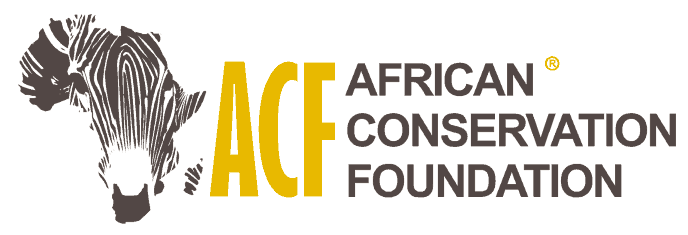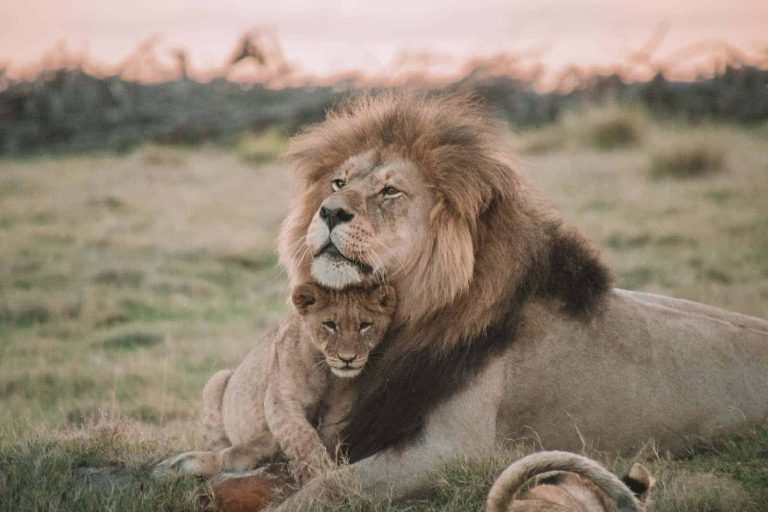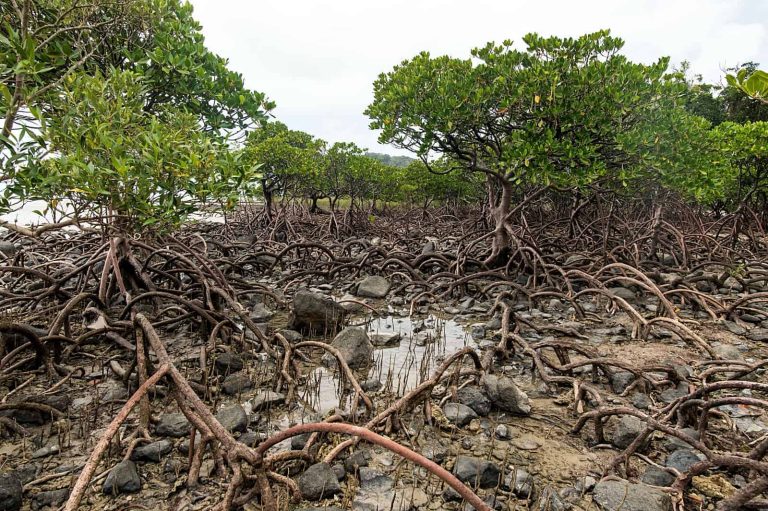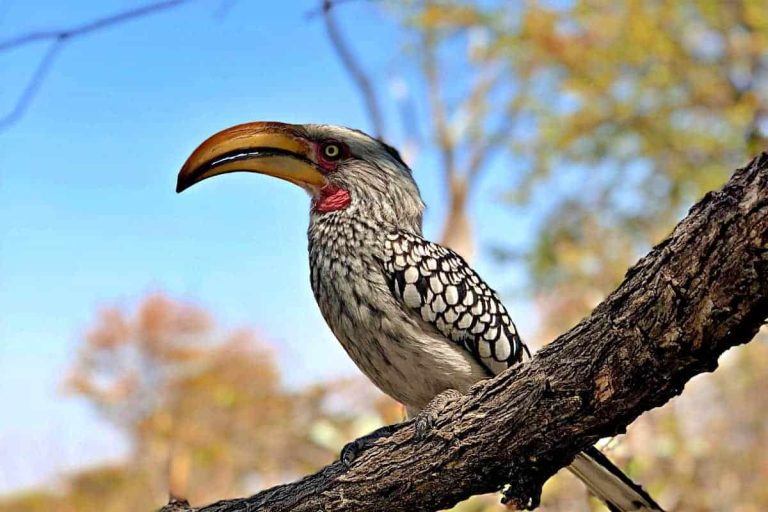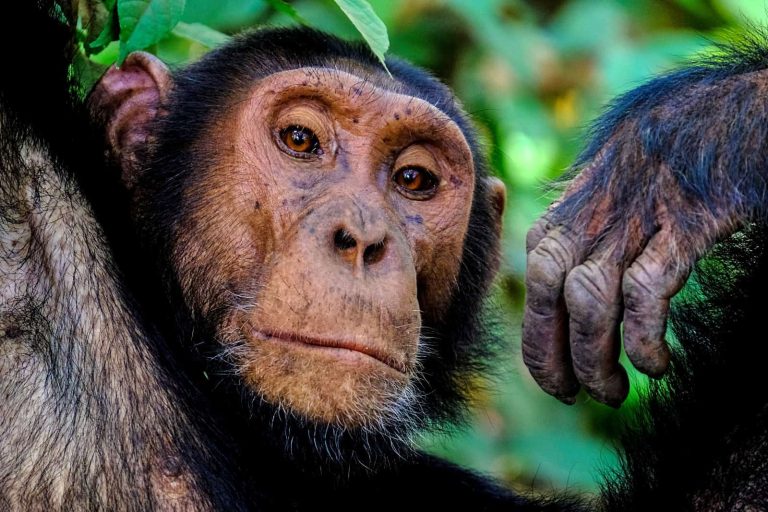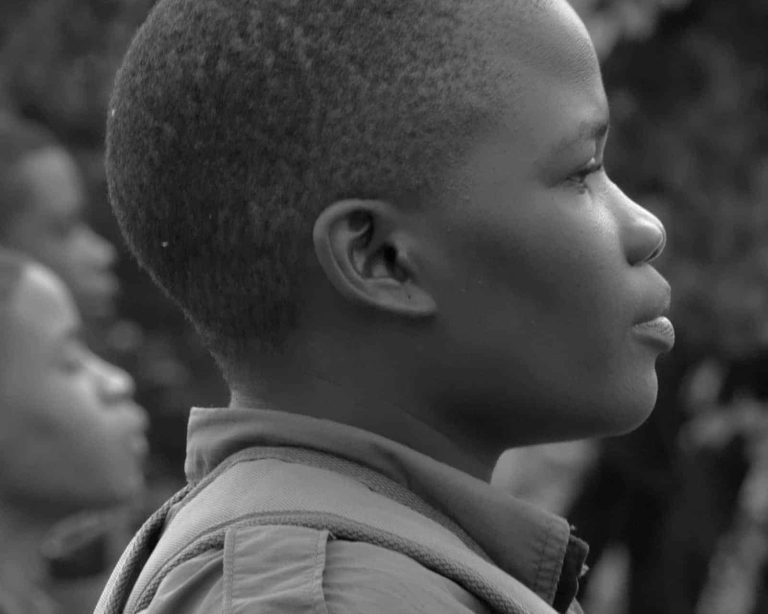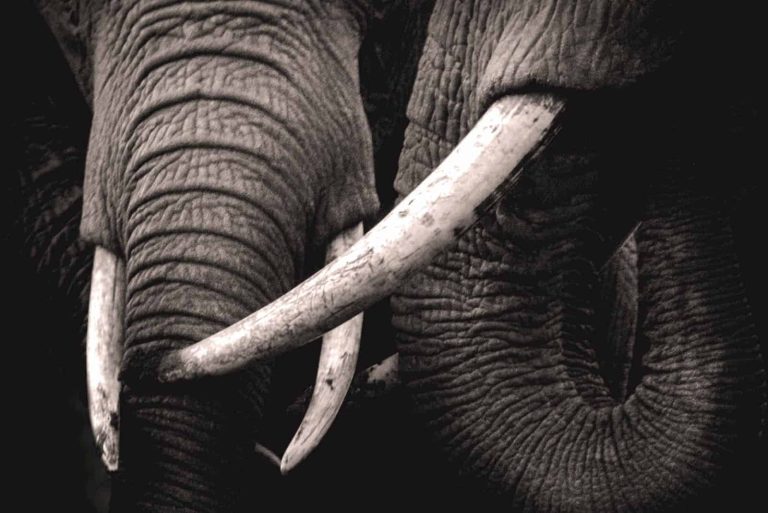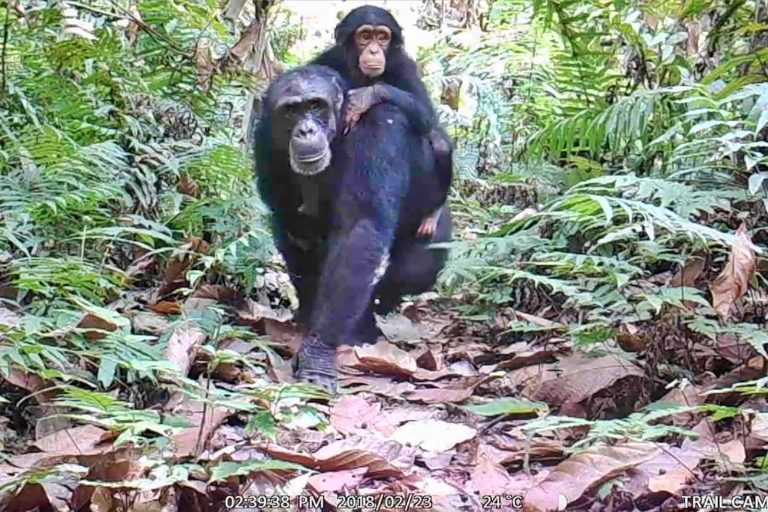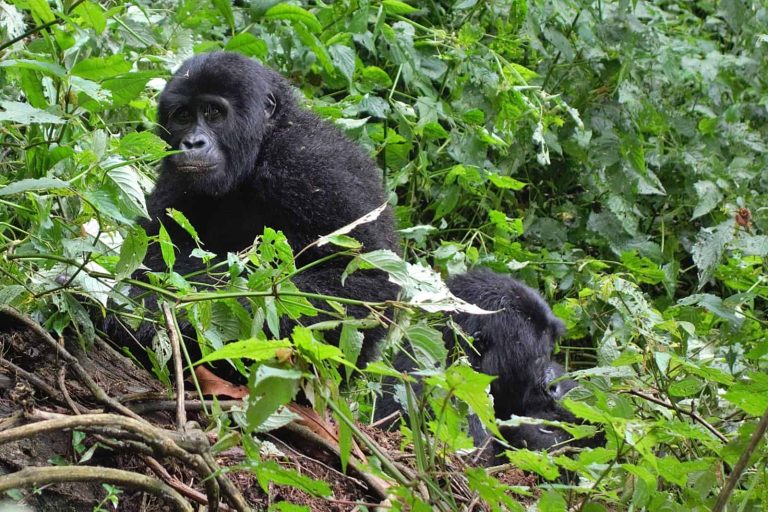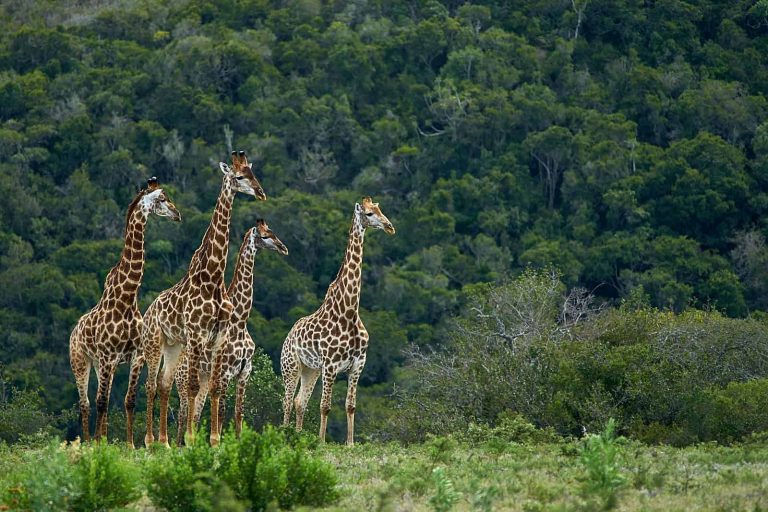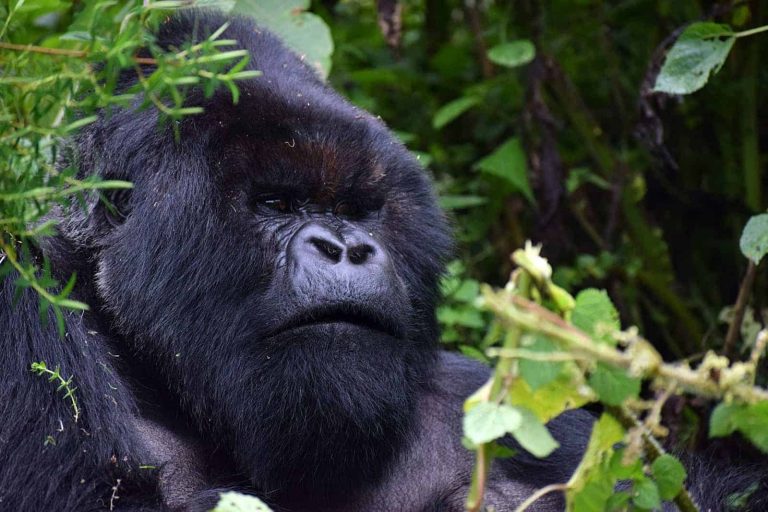Ecology of fear in a South African savanna
South African ungulates, or hooved mammals, react differently to different species of predators. Experiments by a research team have demonstrated that the behavioural responses of ungulates to large predators can shape ecosystem structure and function. Most such studies have concentrated on the impacts of either just one large carnivore, or all as a whole, rather…
